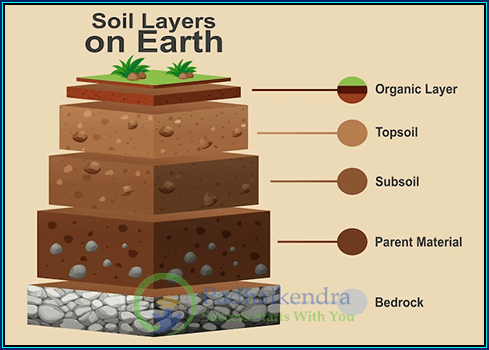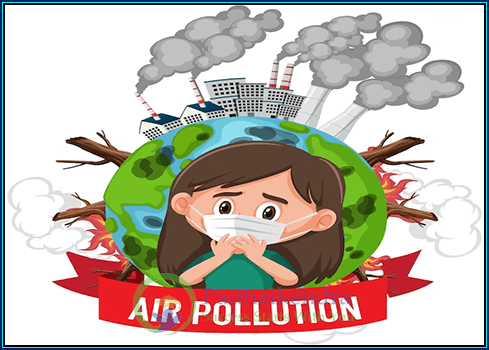Energy resources refer to the natural sources of energy that are used to power human activities. These resources can be either non-renewable or renewable.
Non-renewable energy resources are finite in nature and cannot be replenished easily. They include fossil fuels such as coal, oil, and natural gas, which are formed over millions of years from the remains of ancient plants and animals. Nuclear fuels such as uranium and plutonium are also non-renewable resources that are used to generate nuclear energy.
Renewable energy resources, on the other hand, are replenished naturally and are considered infinite or sustainable. These resources include solar energy, wind energy, hydropower, geothermal energy, tidal energy, and biomass energy. Renewable energy sources are becoming increasingly popular as a way to reduce reliance on non-renewable sources and reduce greenhouse gas emissions.
The use of energy resources is critical to the functioning of modern societies, as they are used to power transportation, industrial processes, and home and commercial use. However, concerns about climate change, energy security, and sustainability have led to a greater focus on the development and use of renewable energy resources and the reduction of energy consumption through energy efficiency measures.





